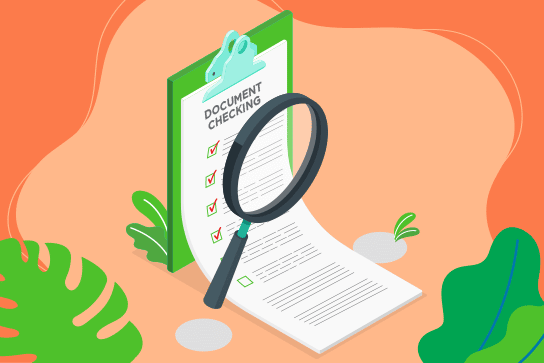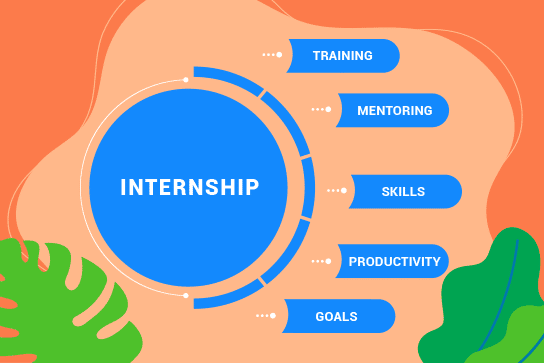LISTEN AUDIO
Last Updated on April 8, 2023 by Ozlinks Education
Subject: Lead and manage people
This unit code SITXHRM003 describes the performance outcomes, skills and knowledge required to lead and manage people including in teams and support and encourage their commitment to the organisation. It requires the ability to lead by example and manage performance through effective leadership.
The unit applies to individuals who operate independently and are responsible for leading and motivating people and teams. This includes supervisors, operational and senior managers.
The unit applies to all tourism, travel, hospitality, and event sectors.
Elements and Performance Criteria.
Elements describe the essential outcomes. Performance criteria describe the performance needed to demonstrate achievement of the element.
1. Model high standards of performance and behaviour.
1.1 Act as a positive role model through individual performance.
1.2 Show support for and commitment to organisational goals in day-to-day work performance.
1.3 Interact with team members in a positive and professional manner.
2. Develop team commitment and cooperation.
2.1 Develop and clearly communicate short, medium, and long-term plans and objectives consistent with organisational goals in consultation with the team.
2.2 Communicate expectations, roles, and responsibilities of team members to encourage them to take responsibility for own work.
2.3 Encourage teams and individuals to develop innovative approaches to work.
2.4 Identify and reward individual and team efforts and contributions.
2.5 Model and encourage open and supportive communication within the team.
2.6 Seek and share information from the wider business environment with the team.
2.7 Represent team interests in the wider environment.
2.8 Seek feedback from team members and implement changes within the bounds of organisational goals and policies.
3. Manage team performance.
3.1 Delegate tasks and responsibilities, identify barriers to delegation, and implement processes to overcome them.
3.2 Evaluate team member skills and provide opportunities for individual development.
3.3 Monitor team performance to ensure progress towards achievement of goals.
3.4 Provide mentoring and coaching to support team members.
3.5 Motivate individuals and teams to achieve optimum performance.
3.6 Provide recognition and rewards for team achievements.
Assessment Requirements.
Performance Evidence.
Evidence of the ability to complete tasks outlined in elements and performance criteria of this unit in the context of the job role, and:
- monitor individual or team performance demonstrating at least four of the following leadership and management roles:
- decision making
- delegation of tasks
- information provision
- provision of feedback
- motivation through recognition and rewards
- planning and organising
- seek and respond to feedback from team members during the above service periods, in line with organisational goals and policies in the following areas:
- allocation or performance of work
- effectiveness of communication within team, between other teams or within organisation
- efficiency or deficiency in workplace practices.
Knowledge Evidence.
Demonstrated knowledge required to complete the tasks outlined in elements and performance criteria of this unit:
- roles of and functions performed by supervisors and managers:
- decision making
- delegating tasks
- monitoring staff
- planning and organising
- providing information: organisation performance, changes in organisational policies, marketing information and targets, overall organisational objectives, plans for new equipment, rationale for management decisions, technology updates, training developments.
- expectations, roles and responsibilities of team members:
- adhering to policies and procedures
- cooperative and open communication
- nature and scope of work
- relationships with others in the workplace and interdependent areas of activity
- reporting requirements
- considerations in the individual development of staff:
- change in job responsibilities
- external training and professional development
- formal promotion
- internal training and professional development
- opportunity for greater autonomy or responsibility
- features of different leadership styles
- features of open and supportive communication
- characteristics of effective leadership
- principles of teamwork and:
- characteristics of effective teams
- roles and attributes of team members
- organisation of teams
- potential team problems
- benefits of effective teamwork
- role and theories of motivation as they apply to the management of individuals and teams
- the role of group dynamics in successful team management
- forms of recognition and reward applicable to leading staff:
- acknowledging individual good performance to the whole team
- incentive initiatives
- informal acknowledgement
- presenting awards
- written reports to management
- types of organisational plans and planning processes.




